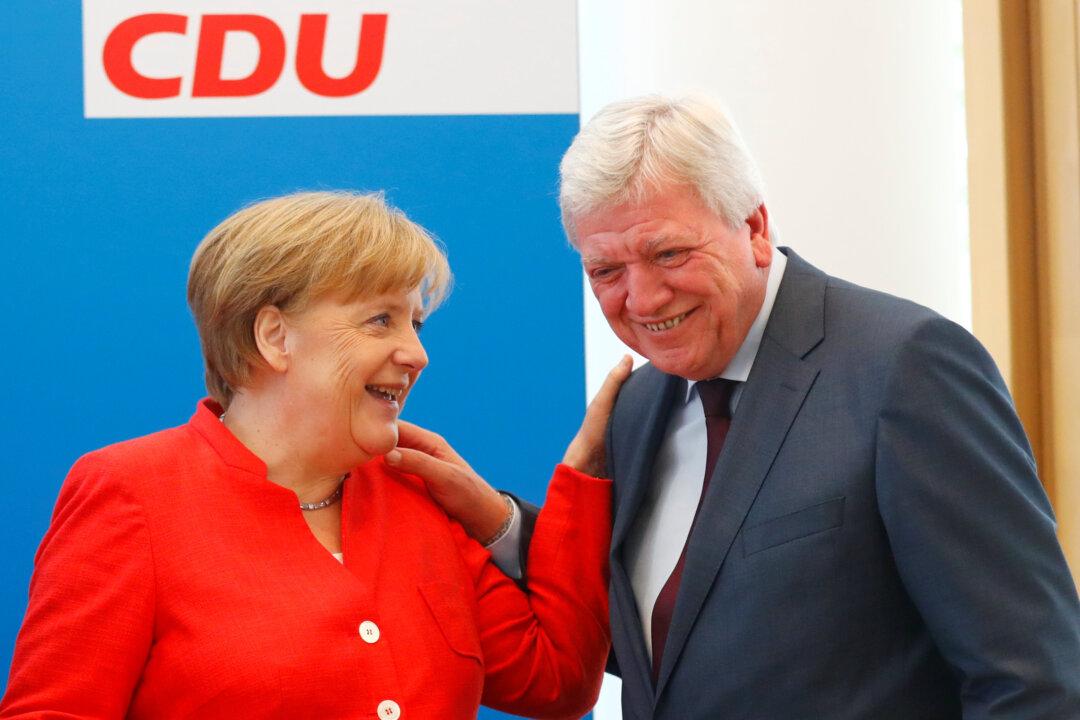BERLIN/MUNICH—German Chancellor Angela Merkel’s conservative Bavarian allies agreed to give her a two-week breathing space on Monday, June 18, to find a European solution to a row over immigration that threatens to scupper her three-month-old coalition government.
Bavaria’s Christian Social Union (CSU) wants a ban on admitting migrants into Germany who have already registered in another EU country. Merkel opposes such a ban.





